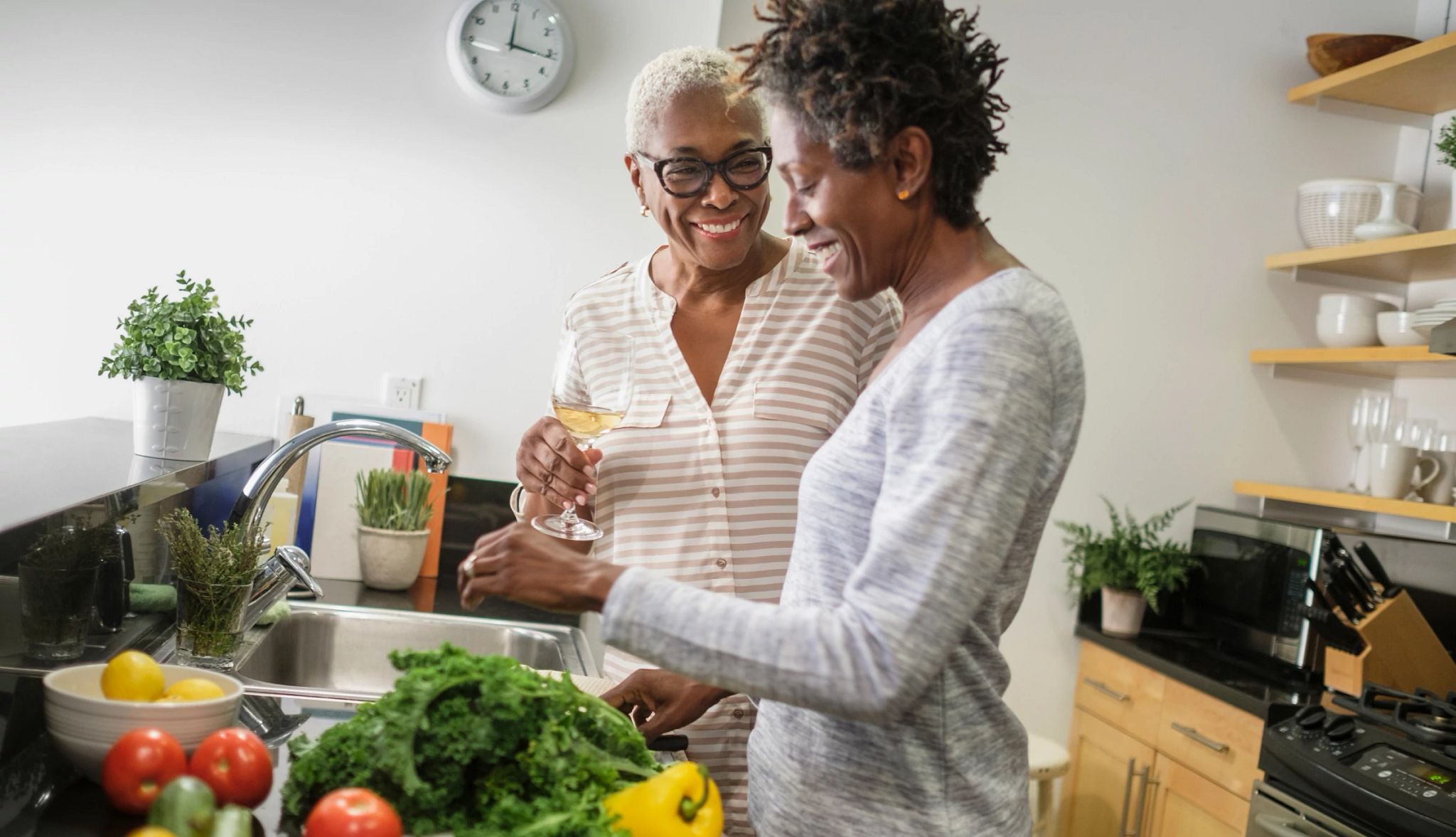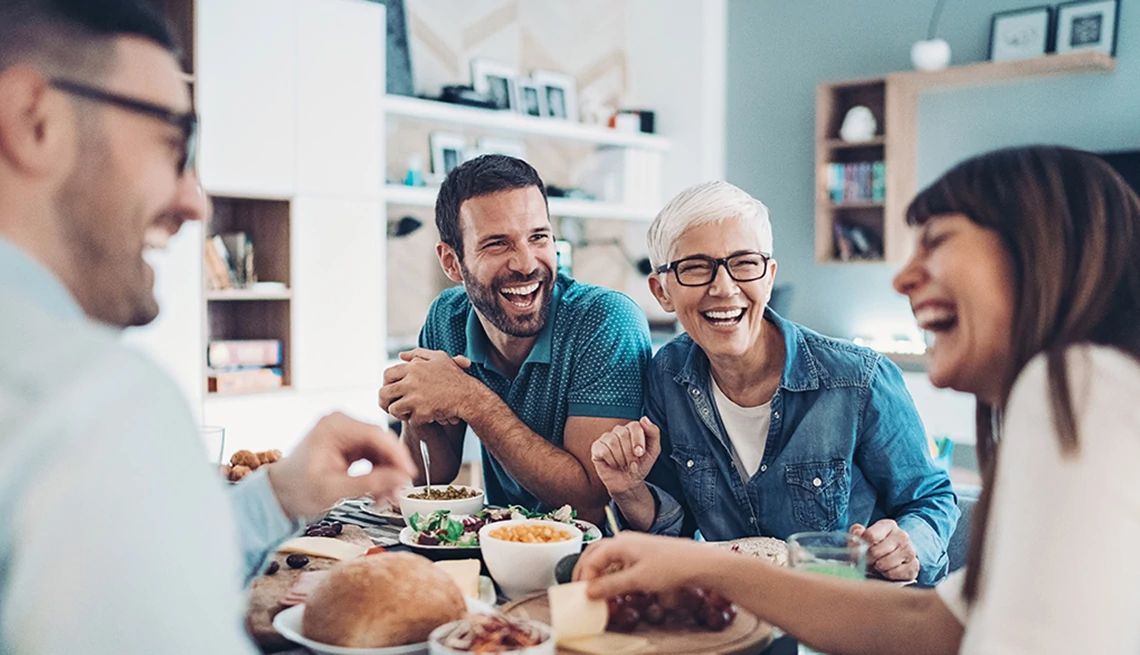Challenges


Thinking of getting in touch with a long-lost friend? Here’s some incentive: Social connection and engagement may be as important as diet and exercise for protecting your health as you age, according to a 2023 advisory from the U.S. surgeon general.
Supportive, high-quality friendships among adults had a positive effect on feelings of well-being in a 2023 review of more than 38 studies in Frontiers in Psychology. And social connection was linked to a lower risk of depression, even among people prone to the problem, in a study of more than 100,000 older British residents reported in 2020 in The American Journal of Psychiatry.
Reconnecting with old friends is sometimes easier than making new ones because you have a history of shared experiences. “Being with old friends is like slipping into your favorite pajamas — there’s instant relaxation, which reduces stress,” says Rachel Noble, a Washington D.C.–based therapist. “You connect on a deeper level, since you know each other so well.”
Those comfy connections — and the positive emotions they generate — are worth rekindling. Consider these two friendship tips when you reach out:
- Prioritize face-to-face interaction. Technology can help you reconnect, but “meeting face-to-face still trumps anything else, including the phone,” says Robin Dunbar, emeritus professor of evolutionary psychology at the University of Oxford. “I suspect that if you don’t see the whites of your friends’ eyes from time to time, no amount of Facebook contact will maintain the quality of a friendship.” That said, reaching out via text, email or social media can be a great first step — and a way to plan an in-person visit. “Social media allows us to catch up and keep relationships ticking,” Dunbar says.
- Expect old friends to have new views. Longtime friendships often endure because of common interests and tastes, from music and humor to politics and religion. But if you haven’t talked to an old friend in 20 years, you may find they have new opinions on many subjects. “Friends normally change together — they influence each other,” Dunbar says. “But when they are apart for a long time and eventually meet up again, they may have nothing in common. Some close friends have changed too much.”
You may be able to jump-start only a handful of your oldest, closest friendships, Dunbar says — but old friendships can still be our healthiest, most satisfying connections.











More From Staying Sharp
Clear Your Mind: Make Room for Names
Offload some of your mental tasks
Volunteering for a Healthier Brain
Find out how giving back can improve your mental well-being and reduce stress
Laughter Can Give Brain a Healthy Boost
A good guffaw releases feel-good chemicals, reduces stress